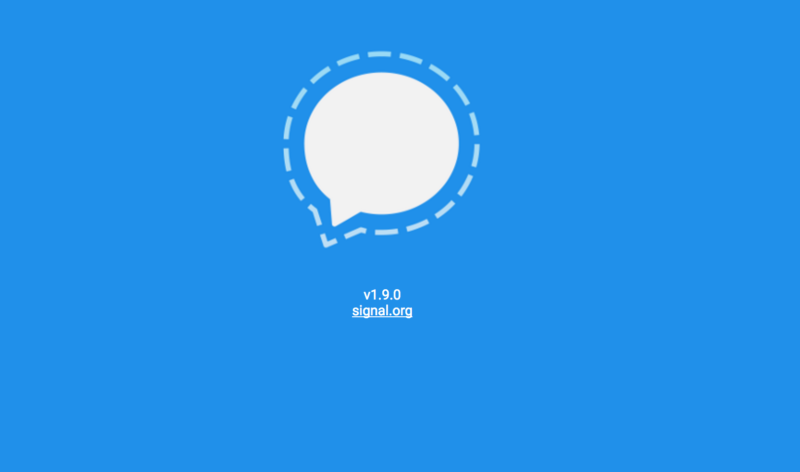Australia’s $1.3 billion ASIO spend signals a ‘grey zone’ war with China
Australia’s future is getting decidedly spooky. China is engaging in influence and interference attacks on our way of life. Now we’re investing billions of dollars into returning the favour.
Tucked away in a quiet corner of the federal budget was an unexpectedly large number: $1.3 billion.
Alongside were ominous names: ASIO and Signals Directorate.
And the reason was vague: Technological capabilities.
Little else was said. It is, after all, the very heart of Australia’s international espionage operations.
But Flinders University lecturer in international relations, Dr Michael Sullivan, told news.com.au the clues are in Canberra’s strategic, diplomatic and domestic posturing.
“Improved technical capabilities is the wording in the budget papers,” he says.
“That relates clearly to expanded and upgraded ‘grey zone’ activities. And that means both offensive and defensive.”
The grey zone is the murky space between international law and war. It’s where plausible deniability is at play. It’s where confusion reigns supreme.
RELATED: Warship on the move amid China tensions
Evidence of this activity is everywhere.
There is an ongoing attack on US fuel supply pipelines. The blackout of an Indian city during its border dispute with China. Data thefts from Parliament House, universities and businesses.
And that’s barely even a taste.
Avast cybersecurity expert Stephen Kho says the $1.3 billion figure may sound like a significant amount. But once spread over its 10-year term, it is relatively modest compared to our Five Eyes international intelligence-sharing partners (the US, Britain, Canada and New Zealand).
“This investment is definitely a step in the right direction,” the antivirus and digital security provider adds, saying benefits from this and related cybersecurity projects will “funnel down from national security to everyday consumer security”.
Dr Sullivan says Australia already has its own established digital grey zone capabilities: “They’re operating every day. They’re focused on – but not limited to – cyber warfare. And their particular focus is the Indo-Pacific”.
It’s just that they’re now getting extra emphasis.
Threat perception
Alongside increased…


